This April, the U.S. Supreme Court will take up a case regarding methods cities can use to manage the homeless population. The question is whether cities have the authority to impose fines or incarcerate individuals for sleeping outdoors when there are no available shelters.
9th Circuit Court of Appeals Labeled Criminalization of Homelessness Cruel and Unusual Punishment
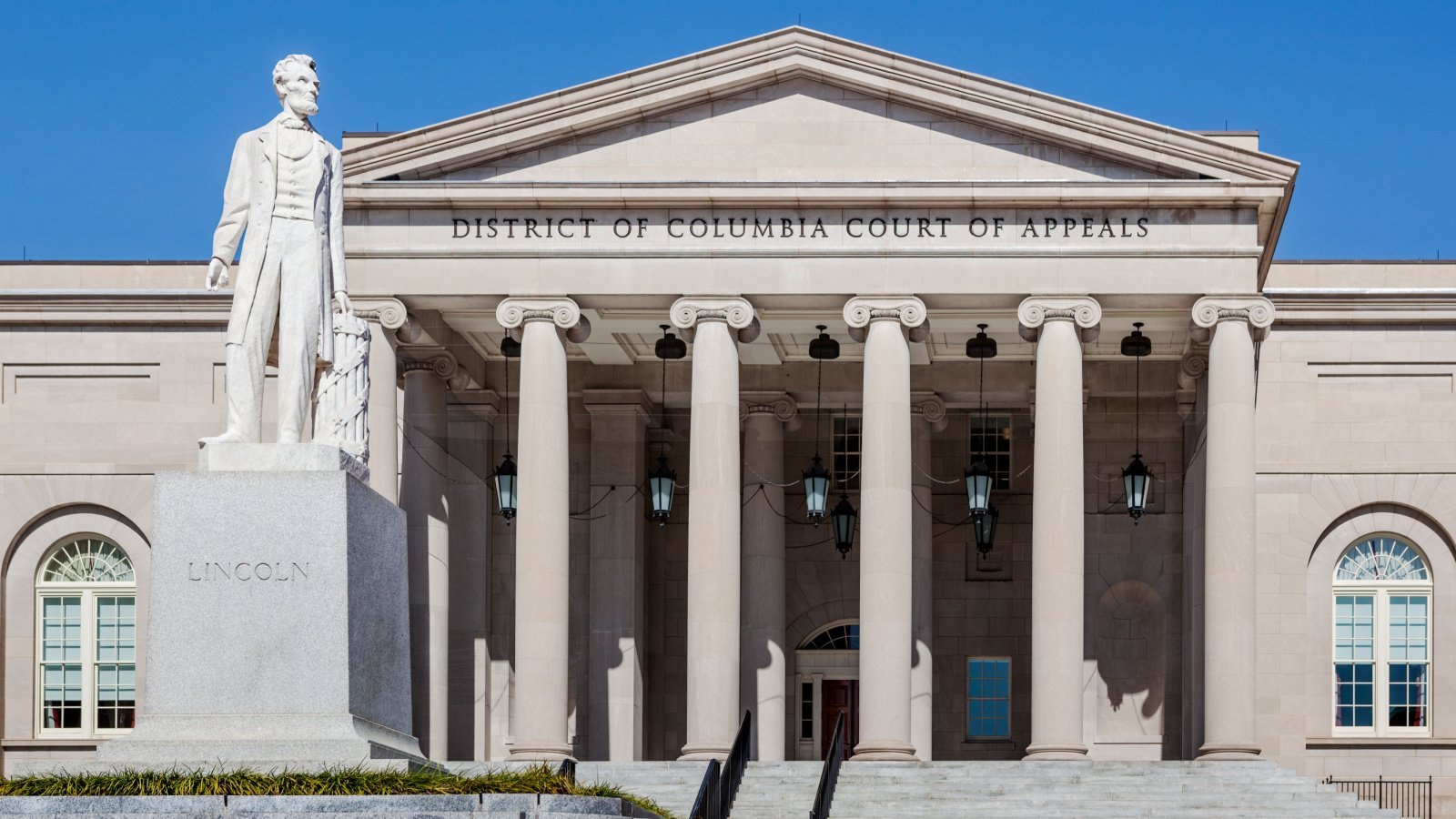
The issue of criminalizing homelessness has been previously addressed by the 9th U.S. Circuit Court of Appeals, which labeled such actions as “cruel and unusual punishment.” The upcoming case challenges this interpretation.
Homeless Population on the Rise, Cities and States Need Management Tools
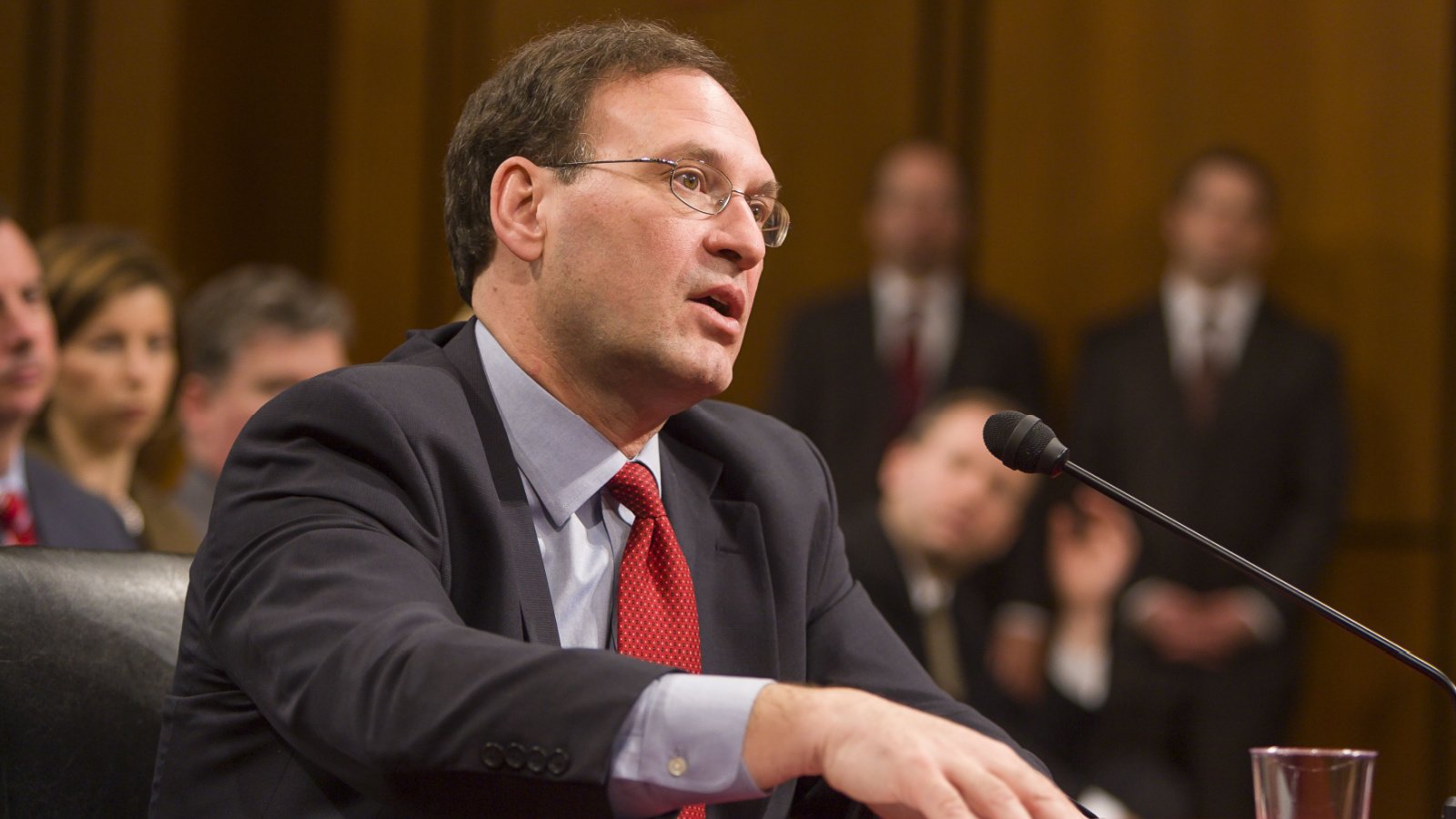
In 2019, the Supreme Court declined to hear a related case regarding the criminalization of homelessness. Since that time, the homeless population has continued to increase, causing significant problems for states and localities, especially in urban areas with high costs of living and a reliance on tourism and high-earner residents.
Residents and Business Owners Assert Rights to Public Safety and Sanitation

Many residents in such areas are no longer willing to put up with the inconveniences and undesirable consequences that accompany homelessness, namely public safety issues resulting from dangerous environments.
Decreased Residency and Tax Base Affects Law Enforcement, Social Services Funding
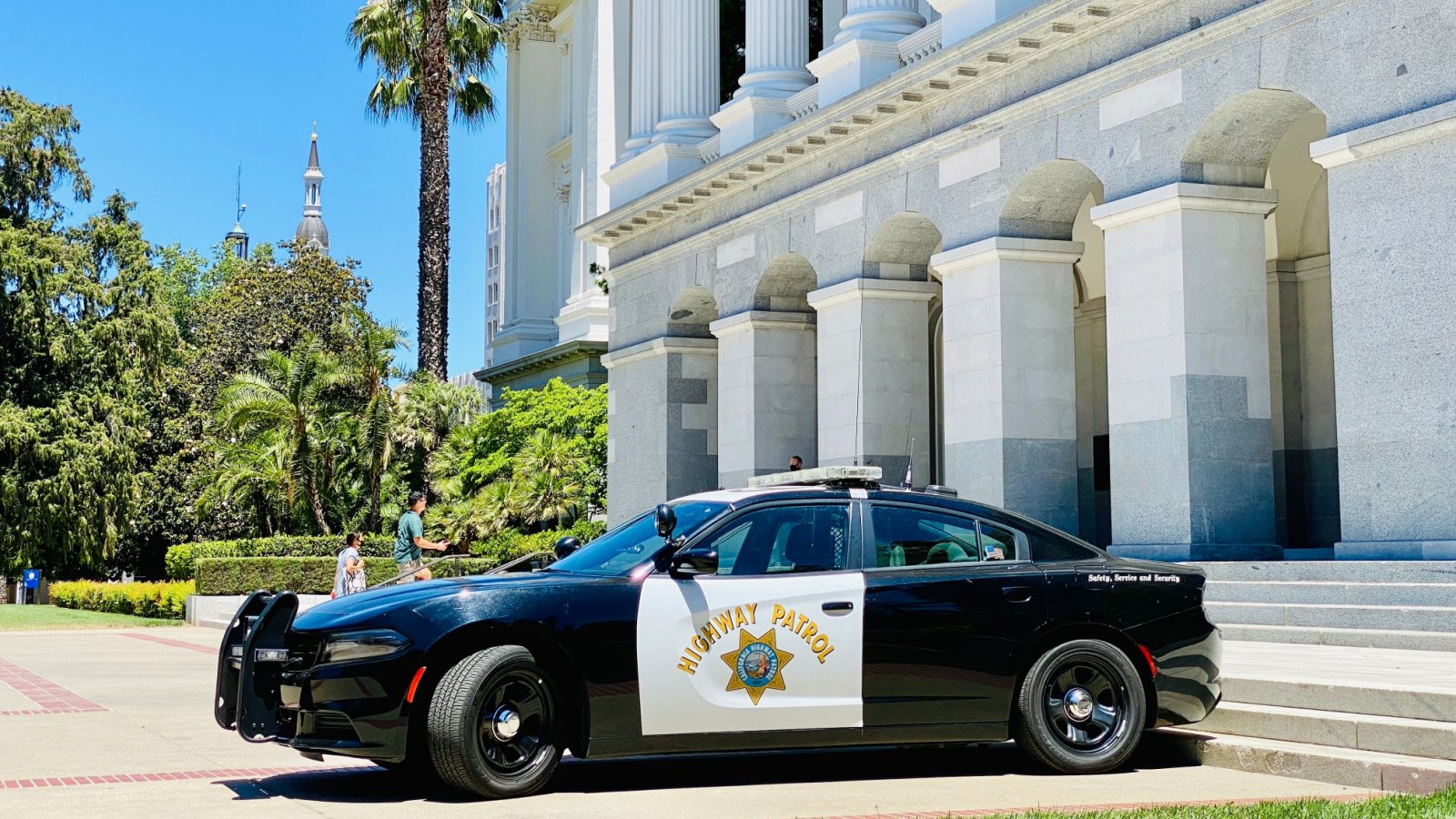
Businesses are moving out, and urban centers are hollowing in certain affected regions. This leads to decreased revenue for localities to fund law enforcement and provide services and social safety nets to those needing homes.
Leaders Fear Retribution at Voting Booth If Unable to Improve Situation

The increase in homeless encampments, partially due to a lack of shelters or the strict requirements some shelters have, has become politically significant as residents are unhappy with their legislators and potentially seek retribution at the voting booth.
2018 Grants Pass, Oregon Case Reaches the High Court

The case that made it to the highest court involves the community of Grants Pass, Oregon, where local homeless individuals claim the city unlawfully attempted to evict them by prohibiting sleeping bags, stoves, and other sleeping aids in public areas.
Challenge to City’s Efforts to Penalize Homeless Status

The Grants Pass legal battle, initiated in 2018, underscores a broader national crisis of increasing homelessness rates. It challenges the city’s efforts to penalize individuals for their unavoidable homeless status. Penalization is also essentially a token legal action, as people experiencing homelessness often cannot pay fees and fines.
Leaders Restricted in How to Address Divergent Needs of Population
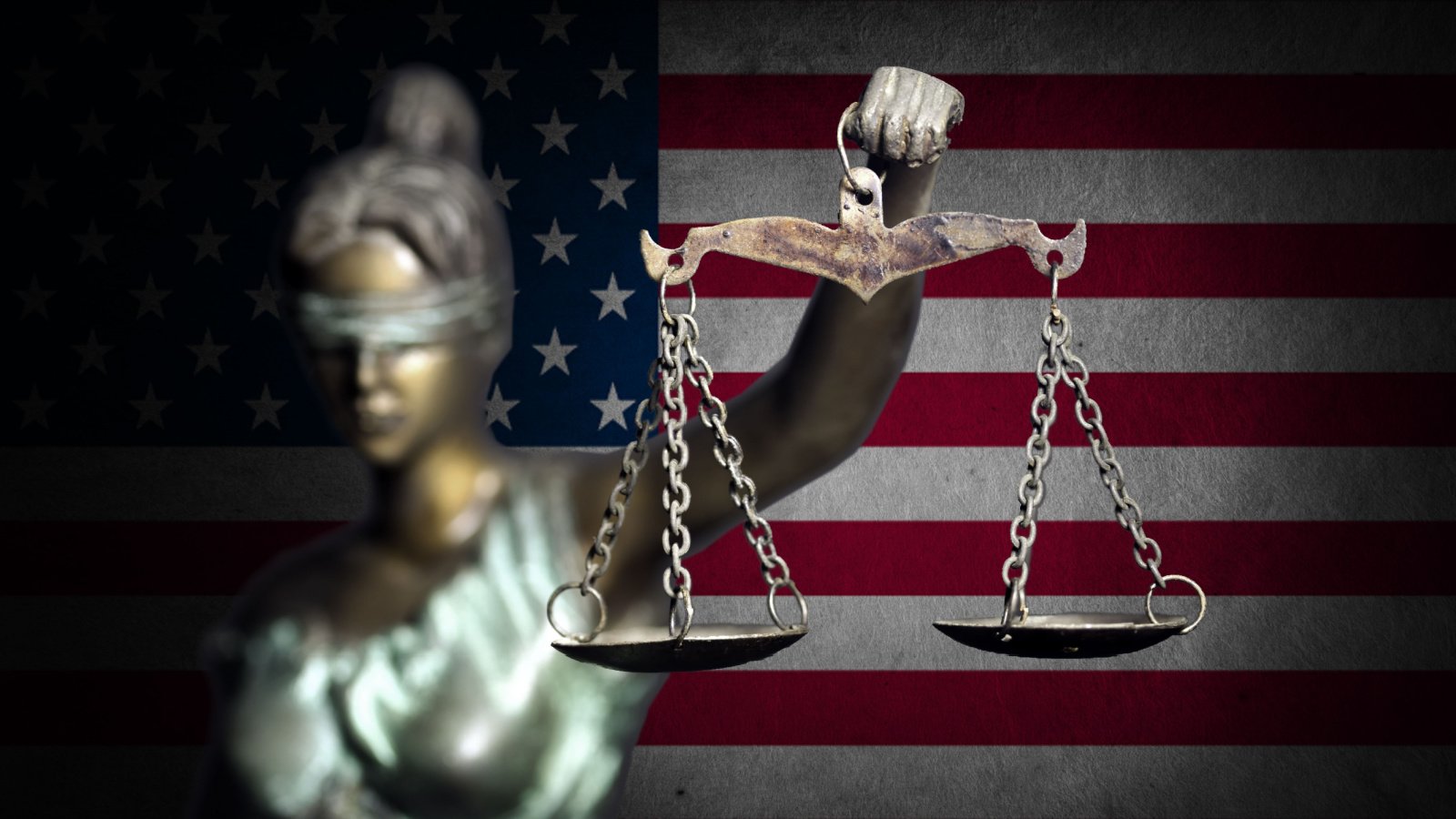
The 9th Circuit’s support for the homeless in this case, as well as in a landmark 2018 decision from Boise, Idaho, has sparked a debate over the reach of such rulings, particularly concerning the distinction between criminal and civil penalties.
Numerous Local and State Authorities Support Grants Pass Appeal
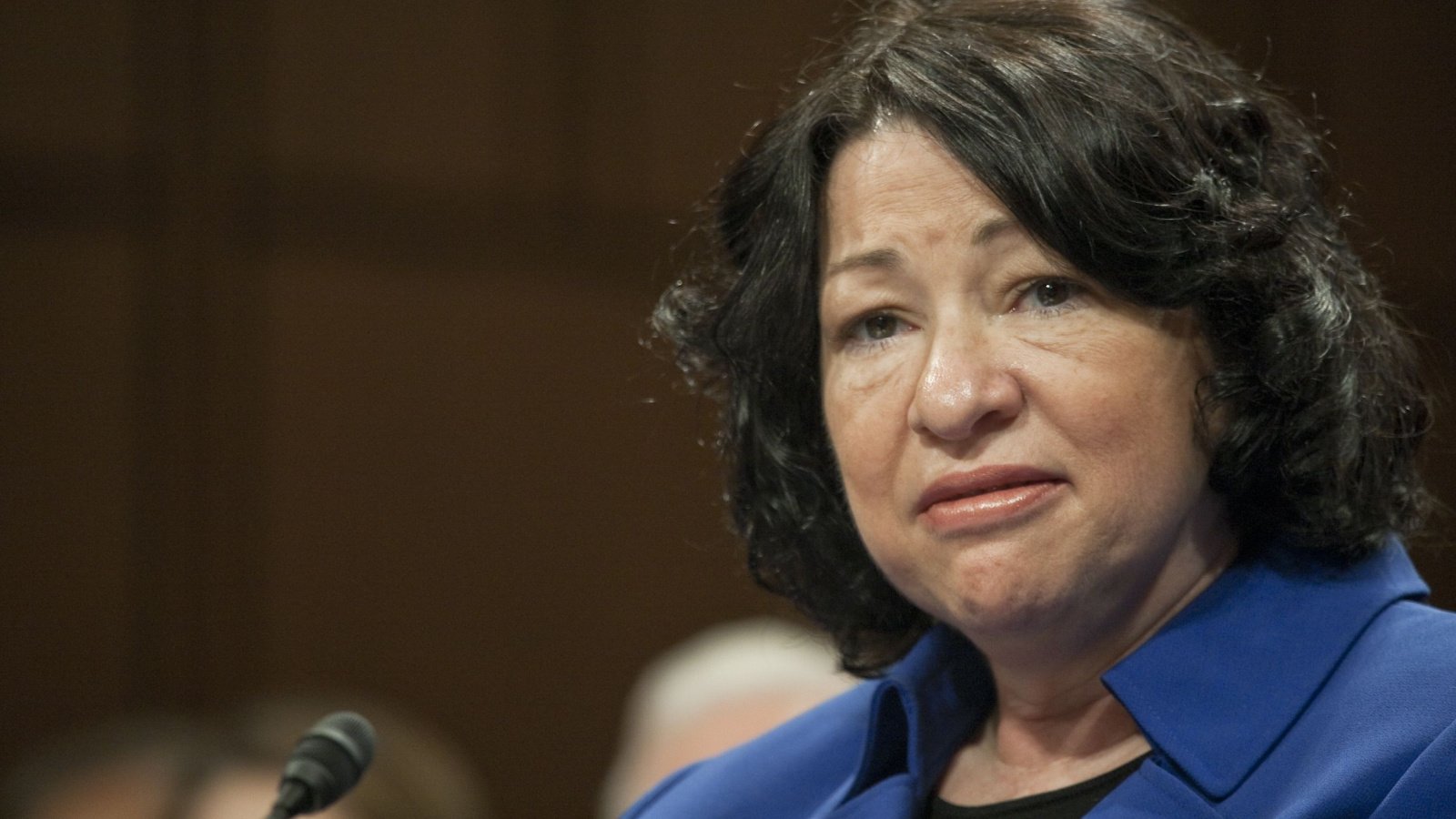
Grants Pass’s appeal to the Supreme Court has gathered backing from numerous local and state authorities, advocating for a review due to the legal and practical challenges posed by the current rulings. These officials argue that the rulings have significantly hindered their ability to address the homelessness crisis effectively, citing public health and safety concerns associated with large encampments.
Court May Provide Clarity on Rulings

Legal experts and city officials are calling for clarity on the rulings, debating the adequacy of shelter provisions and the practicality of current interpretations that seem to mandate unrealistic shelter capacities.
City Leaders Urge Balanced Approach, Respecting Homeless Population and Public Safety

City leaders emphasize the need for a balanced approach that respects public spaces while providing inclusive, compassionate solutions for those without housing who are forced to sleep outside.
Homeless Advocates Claim Cities Have Authority to Address Encampments

Conversely, advocates for people without housing argue that punitive measures do not address the root causes of homelessness. They suggest that cities have the authority to manage encampments without resorting to criminalization.
Advocates Claim Punitive Measures Add Insult to Injury

Advocates for those experiencing homelessness stress that addressing the underlying issues of housing affordability and availability is crucial, cautioning against policies that further marginalize the homeless population.
Implications for City Policies Towards Homelessness Nationwide

As the Supreme Court prepares to hear this case, the outcome could have significant implications for city policies toward homelessness, spotlighting the ongoing challenges of housing affordability and the complex dynamics of providing humane and practical solutions for the homeless population.



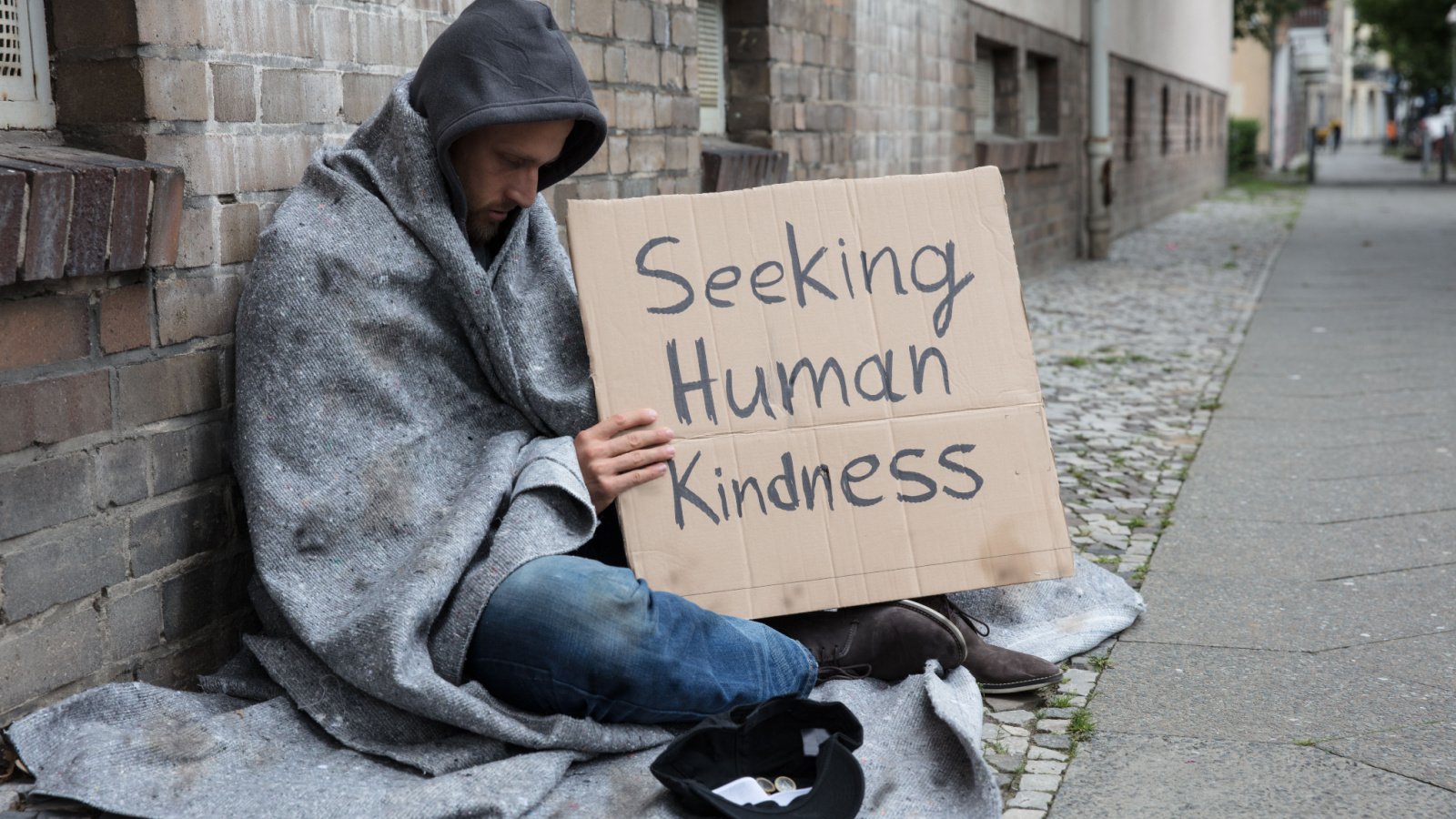
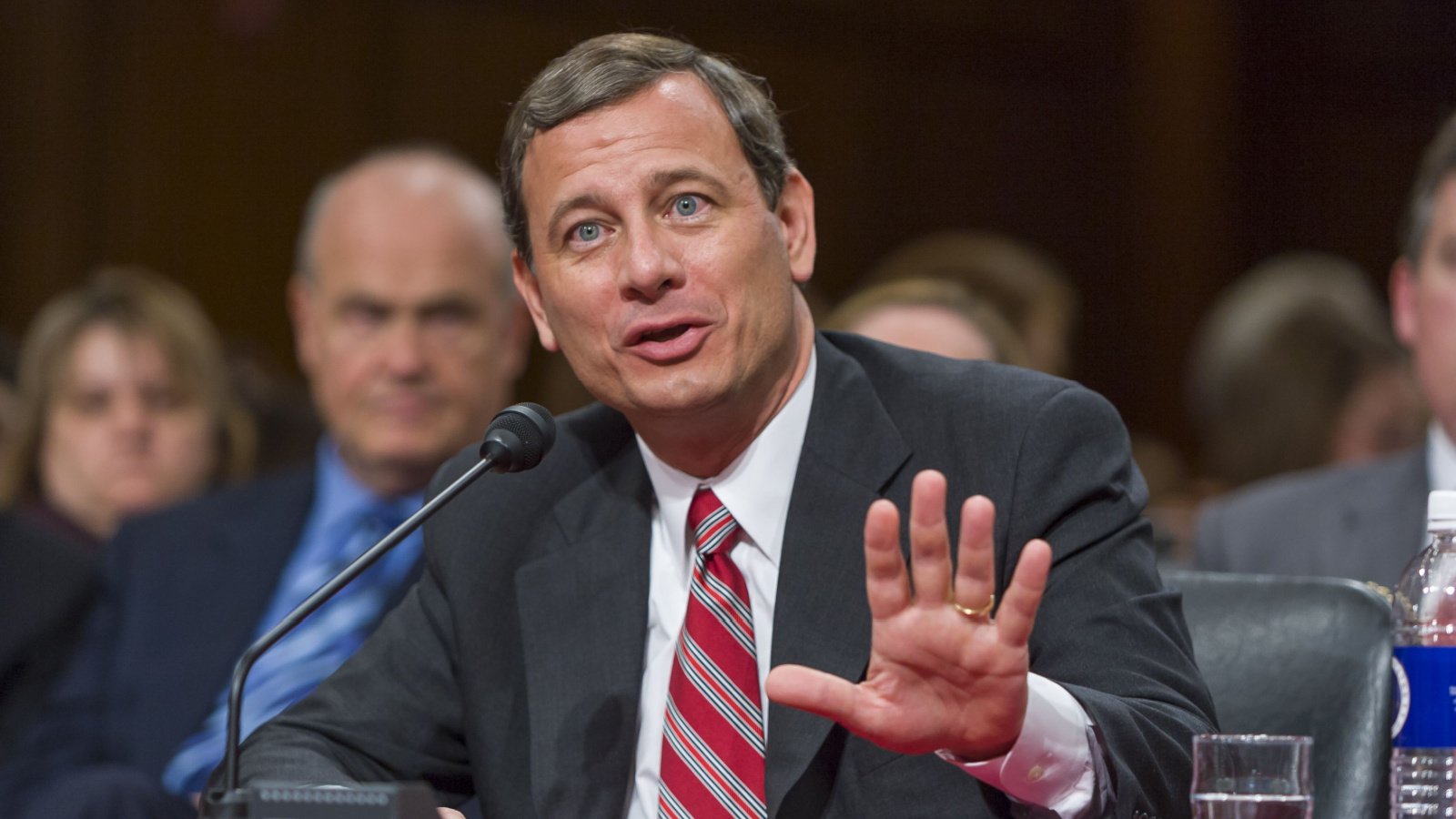

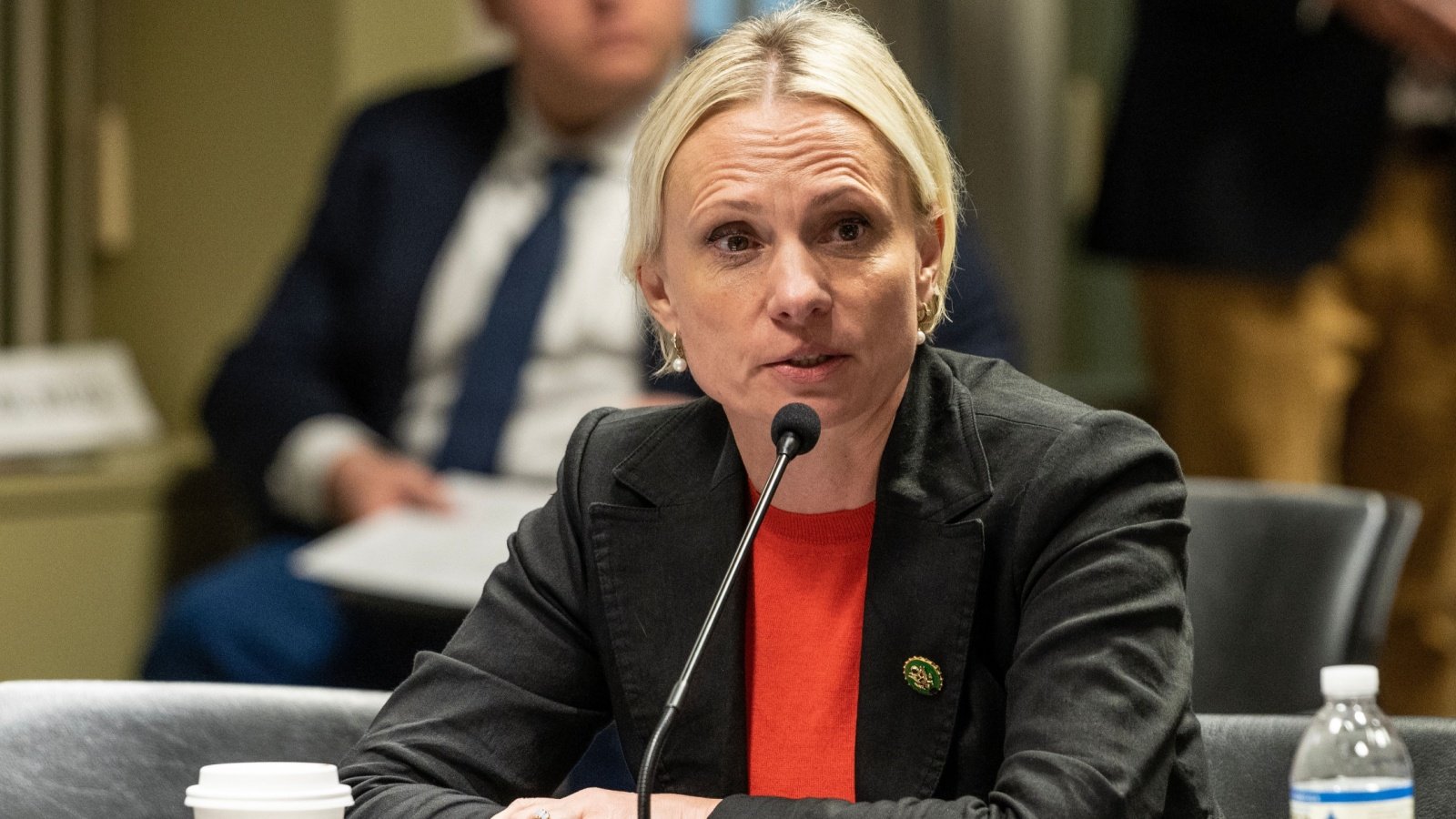

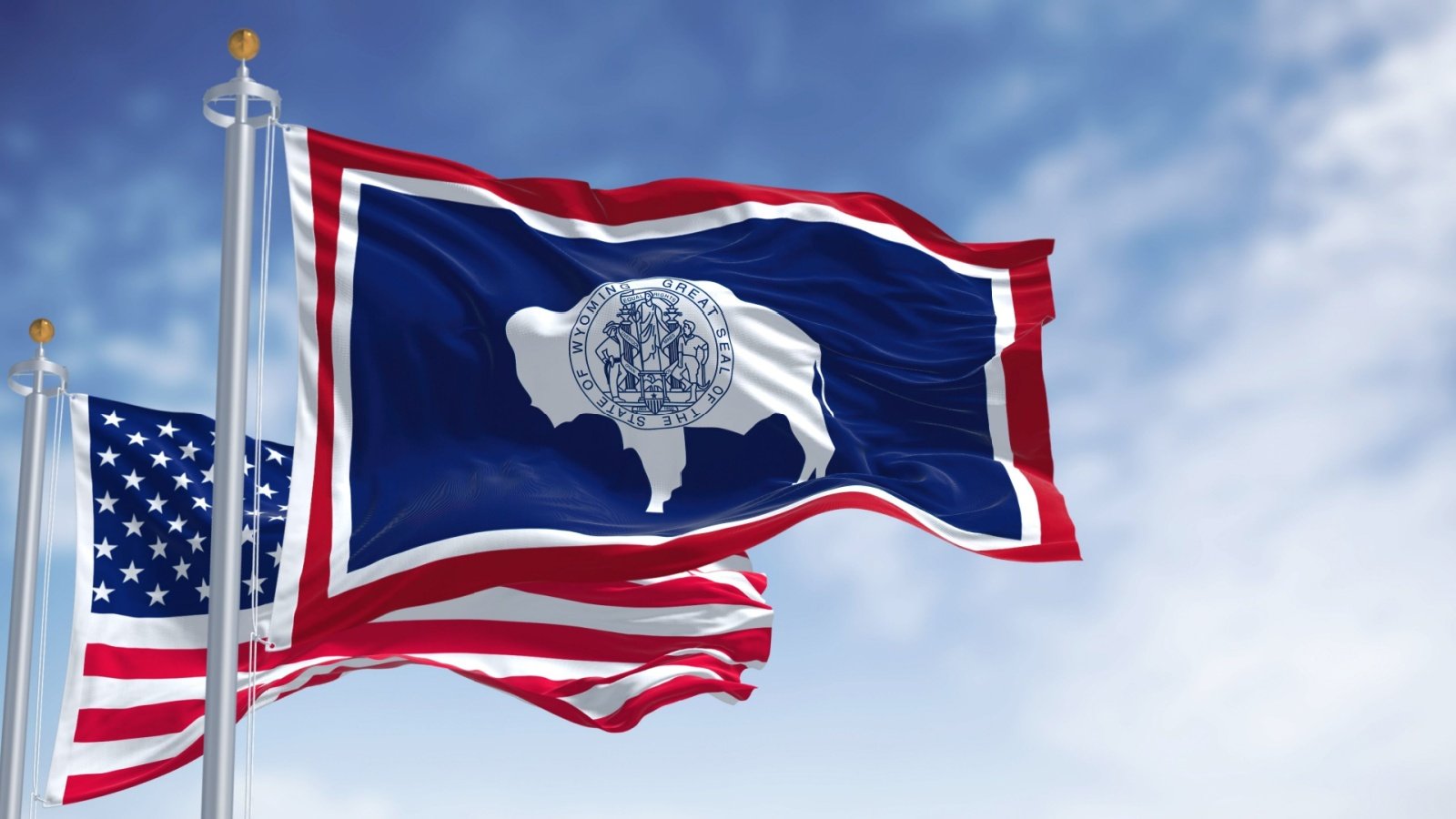
Für den legalen Betrieb der Casinos ist eine entsprechende Glücksspiellizenz erforderlich.
Dama NV Casino Ein- und Auszahlungsmethoden (Zahlungsanbieter) Die Casinos von Dama NV
zeichnen sich in erster Linie durch ihre großzügigen Neukundenboni aus.
Neben einem Bonusguthaben erhältst du dabei auch fast immer zusätzliche Freispiele.
Meist verteilt sich dabei der Willkommensbonus für Neukunden über bis zu 4
Einzahlungen.
Wie alle Top-Dama-Casinos bietet BetAndPlay den Spielern Krypto-Spiele an. Das
Willkommenspaket umfasst insgesamt 750 Euro
und 150 Freispiele. Loft Casino bietet Spiele von über 30 verschiedenen Anbietern. Das gesamte Bonuspaket umfasst bis zu 1000 Euro und 100 Freispiele mit einem
Wetteinsatz von x30. Loft Casino ist eine neue Online-Gaming-Plattform
aus der Dama N.V. Casinogruppe, die eine breite Palette aufregender und unterhaltsamer Spiele
bietet.
Spinsamurai, das im Juli 2020 gestartet wurde, bietet Spiele
von 42 Top-Anbietern. Wöchentliche Reload-Boni und Freispiele sind
ebenfalls verfügbar, und die Plattform unterstützt alle gängigen Zahlungsmethoden. Dazard Casino,
eine neue Seite von Dama N.V., bietet Spiele von mehr als
40 Anbietern, großartige Reload-Boni, Turniere, ein VIP-Programm und eine Lotterie.
High Roller können bei der ersten Einzahlung einen 50% Willkommensbonus bis
zu 2500 Euro erhalten. Megaslot.io Casino, eine neue Seite von Dama
N.V., bietet jeden Freitag einen 55% Bonus bis zu 300 Euro und einen 50% VIP-Bonus bis zu 2500 Euro für die erste
Einzahlung.
References:
https://online-spielhallen.de/ice-casino-auszahlung-ihr-leitfaden-zum-schnellen-gelderhalt/
The history of land-based casinos in North Carolina is marked by significant events that have shaped the state’s approach to
gambling. The casino provides a comprehensive entertainment experience in the picturesque setting
of the Great Smoky Mountains. The state has legalized gambling in casinos operated by Native
American tribes. You must be 21 years old to enter and/or
gamble as at a casino or video poker machine in Louisiana.
Learn the ins and outs of sports betting on the Caesars website
here.
You can also add some extra features using the field “Extras”
to search, for example, “casino near me” with slot machines, bingo, free food, hotel,
buffet, etc. You can also filter adding extra information to find “casino near me” with hotel,
buffet, free food, free drinks, slot machines, bingo, roulette, etc.
Tachi Palace Casino Resort offers the best of both worlds — everything you need and expect at the best California casino getaway in a
beautiful, more quiet location.
That said, all the international online casinos recommended on this
page offer hundreds of legitimate electronic slots that pay out real money, and players only have to be 18
years old to sign up. There are no provisions in state law to allow the Seminole to host online gambling games, online sports betting, or online poker.
Philadelphia offers several modern casinos and hotels, while
you can also find more than a few in-land options.
References:
https://blackcoin.co/gambling-laws-and-regulations-australia-2025/
The Microsoft 365 Copilot app brings together your favorite
apps in one intuitive platform that keeps your data secure with enterprise data protection. Create equitable learning environments that help students develop
knowledge with familiar apps essential to both academic and future career success.
Find your favorite apps, your files, and your inspiration with the Microsoft 365 Copilot app on the web.
Microsoft 365 empowers your organization to organize, and safely store files in OneDrive
with intuitive and easy organizational tools. The Microsoft 365 Copilot
app empowers your employees to do their best work with Copilot in the apps
they use daily.
Microsoft 365 seamlessly tracks updates, tasks, and comments across all your files so you can pick up right where you left off.
Anyone in your organization can quickly create documents, presentations, and
worksheets within a single, unified app experience. Also, depending on the
user’s country/region, the daily and weekly purchase limit will vary.
References:
https://blackcoin.co/winx96-casino-in-australia-real-money-gaming-fun/
paypal casinos online that accept
References:
myjobsquote.com
us online casinos that accept paypal
References:
https://icskorea.co.kr
Awesome post! Join the fun at https://ws-htz-whatsapp.com WhatsApp Web makes remote collaborations seamless. . Date: 2026-01-06 23:40:48 (-03).
Awesome post! Join the fun at https://zbd-owhatsapp.com WhatsApp 網頁版的任務管理功能,相輔相成地提昇社交效率。 . Date: 2026-01-08 07:19:48 (-03).